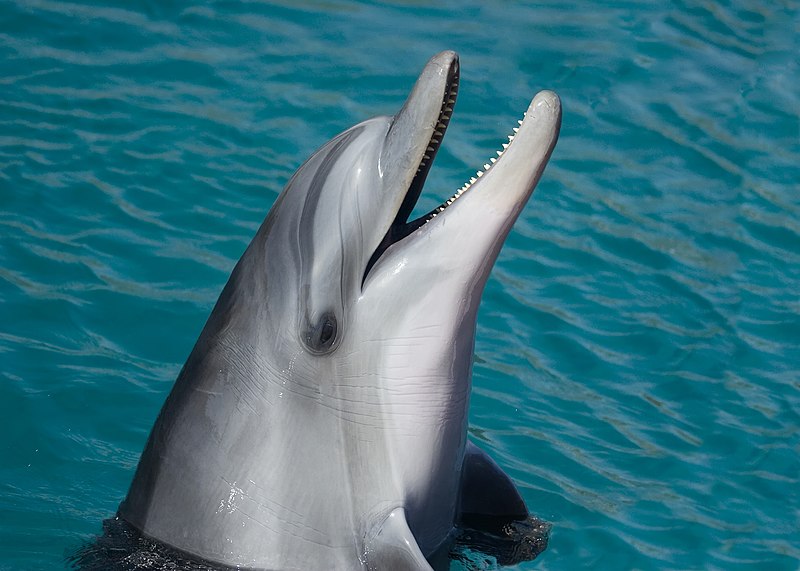
Human activity and environmental factors pose a significant risk to England's only resident bottlenose dolphin pod, according to findings from the University of Plymouth, Cornwall Wildlife Trust,
and the South Coast Bottlenose Consortium following a decade-long study.
Research indicates that the dolphin pod consists of merely 48 individuals, prompting urgent calls for protective measures to safeguard both the population and its habitats. The stark warning suggests that without intervention, these creatures might face an uncertain future.
The pod's habitat along the English Channel coast is subjected to recurrent and prolonged instances of pollution and fishing pressures, exacerbating the challenges faced by these dolphins. Compounding these issues, they inhabit waters traversed by some of the world's busiest shipping lanes.
Dr. Simon Ingram, Associate Professor of Marine Conservation at the University of Plymouth and leader of the bottlenose dolphin research project, emphasized the vulnerability of these animals, often unseen by the public.
"Living along one of the most developed and bustling coastlines globally presents a clear threat to their survival," he noted. "The potential extinction of the south coast population would be a local tragedy for both the dolphins and our community."
A network involving boat owners, ecotour operators, and the general public, established to collate dolphin sightings, revealed the pod's movements spanning from North Cornwall to East Sussex along the coast.
Researchers observed that while these dolphins socialize within their pod along the shoreline, they do not interact with individuals from other populations typically found in the open sea, suggesting an isolated population.
Shauna Corr, a researcher involved in the study, highlighted the importance of this citizen science network in filling crucial knowledge gaps related to the population's size, distribution, and behavior.
"Prior conservation efforts were hindered due to limited information, but with the citizen science network extending across the English Channel and beyond, we now have the means to address these gaps," Corr explained. Photo by safaritravelplus, Wikimedia commons.


































